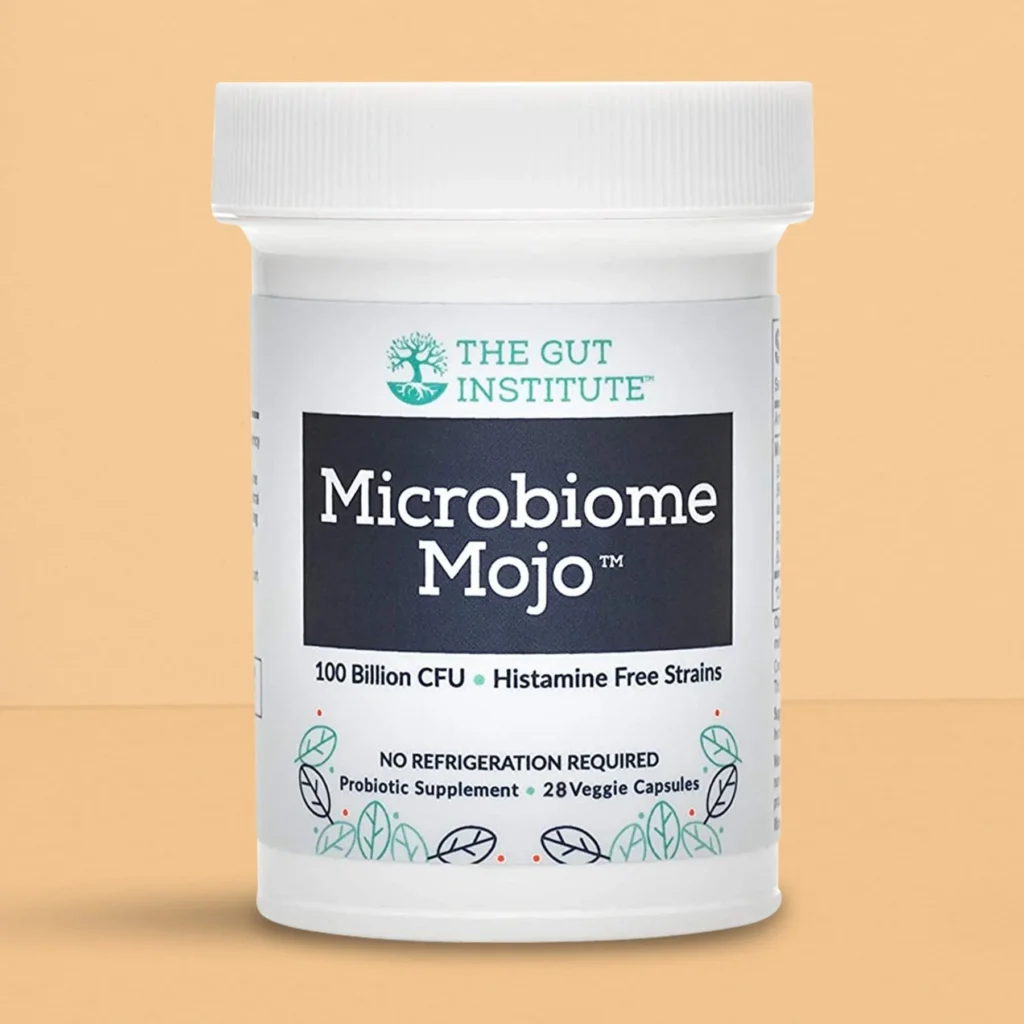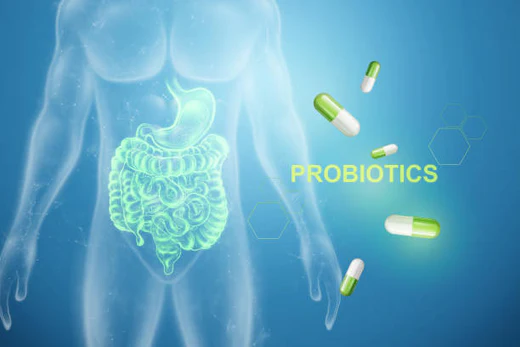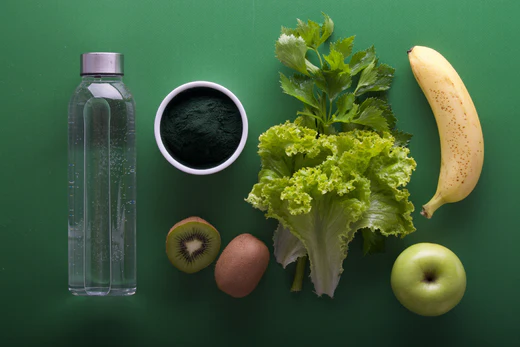Gut health is an essential aspect of overall well-being and can have a significant impact on the digestive system, immune system, and even mental health. Maintaining a healthy gut microbiome is essential to maintaining optimal health. In the quest for gut health, two terms are often thrown around – prebiotics and probiotics. In this article, we’ll explore the difference between prebiotics and probiotics, what each of these does for the body, and why it matters.
What are Prebiotics?
Prebiotics are non-digestible fibers that provide food for the good bacteria in the gut. These fibers are not broken down by human digestive enzymes and pass through the small intestine intact. Once in the large intestine, prebiotics are fermented by the gut bacteria, producing short-chain fatty acids (SCFAs) that provide energy for the gut lining and help to maintain a healthy gut microbiome. Prebiotics are found in many plant-based foods such as fruits, vegetables, legumes, and whole grains.
What are Probiotics?
Probiotics, on the other hand, are live microorganisms that can help to improve gut health when consumed. These microorganisms are found in fermented foods such as yogurt, kefir, and kimchi, as well as dietary supplements. Probiotics can help to restore the balance of gut bacteria, which can improve digestive health, boost immunity, and support mental health.
Why Prebiotics and Probiotics Matter
The gut microbiome is a complex ecosystem of bacteria, viruses, and fungi that play a critical role in maintaining overall health. The gut microbiome can be affected by various factors, including diet, stress, and antibiotic use. An imbalanced gut microbiome can lead to a variety of health problems, including digestive issues, immune dysfunction, and mental health issues.
Prebiotics and probiotics both play important roles in maintaining a healthy gut microbiome. Prebiotics provide food for the good bacteria, while probiotics help to restore the balance of gut bacteria. By incorporating both prebiotics and probiotics into the diet, individuals can help to maintain a healthy gut microbiome and enjoy all the associated benefits.

How Prebiotics and Probiotics Work Together
Prebiotics and probiotics work together to create a symbiotic relationship in the gut. Prebiotics provide food for the good bacteria, while probiotics help to restore the balance of gut bacteria. The good bacteria feed on the prebiotics, producing SCFAs that support the health of the gut lining and help to maintain a healthy gut microbiome. The probiotics can then settle in the gut and help to further maintain the balance of gut bacteria.
Foods Rich in Prebiotics
-
- Artichokes
-
- Asparagus
-
- Garlic
-
- Leeks
-
- Onions
-
- Bananas
-
- Barley
-
- Oats
-
- Wheat
Foods Rich in Probiotics
-
- Yogurt
-
- Kefir
-
- Kimchi
-
- Sauerkraut
-
- Miso
-
- Tempeh
-
- Pickles
Supplements Containing Prebiotics and Probiotics
In addition to dietary sources, prebiotics and probiotics can also be found in supplement form. Supplements containing prebiotics are often made from inulin or oligofructose, while probiotic supplements can contain a variety of different strains of bacteria. It’s important to choose a high-quality supplement and to follow the recommended dosage instructions.
Conclusion
In conclusion, prebiotics and probiotics are two important elements in promoting digestive health and maintaining the balance of bacteria in the gut. Understanding the key differences between the two is crucial in making an informed decision about which supplement is best for you.
Prebiotics serve as food for probiotics and help to promote the growth of good bacteria, while probiotics are live bacteria and yeast that are similar to the beneficial bacteria that are naturally present in our gut. While both prebiotics and probiotics can bring numerous benefits to our health, it is important to consult a healthcare professional before starting any new dietary supplement. With the right balance of prebiotics and probiotics, you can enjoy better digestive health and overall wellness.










